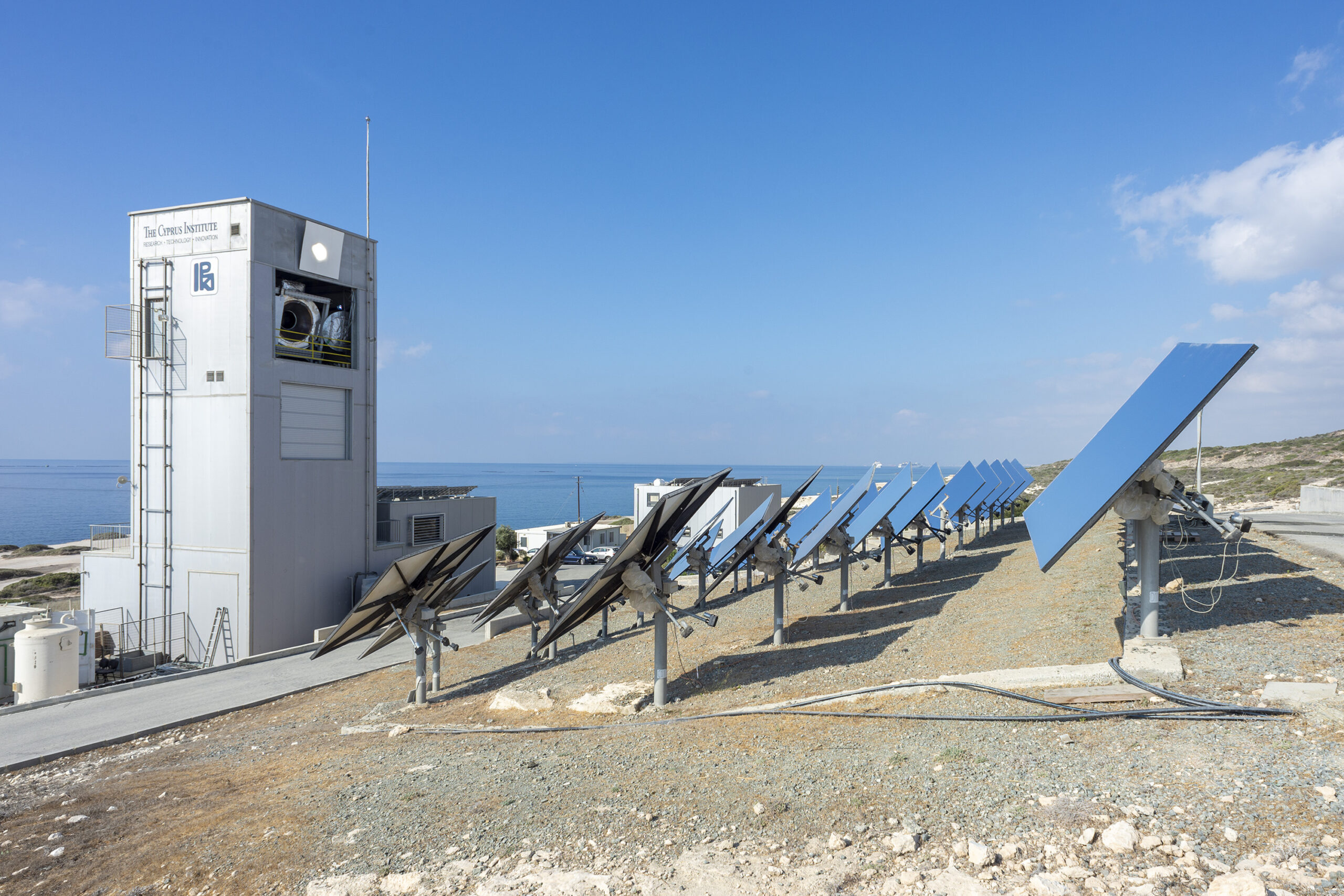The environmental, social, and governance (ESG) framework is becoming increasingly important in the global economic landscape.
For states such as Cyprus, understanding and adapting to these Principles reflects a commitment to responsible development and is critical to economic resilience and global reputation.
Moody’s recent assessment included not only the double upgrade to investment grade but also an assessment of where the country stands concerning Sustainability issues and the implications for its business sector and the wider economy.
A specific part of the rating agency’s report went unnoticed by almost everyone, which should at least spark immediate concern.
Otherwise, as in the past, we will find ourselves running behind developments.
Moody’s recent report on Cyprus’ rating offers a nuanced view of the country’s position around ESG issues.
To analyse it, we examine the three main elements: Environmental (E), Social (S), and Governance (G).
Environmental challenges
The Credit Impact Score CIS-2 ESG by Moody’s indicates that Cyprus is facing some environmental challenges.
The main concerns are chronic water shortages and increasing exposure to rising global temperatures, which are common issues for Mediterranean states.
Nevertheless, preventive measures such as the development of desalination plants signal a commitment to address these issues.
Moody’s also repeats what we should have realised decades ago: that the strategic geographical position of Cyprus, with many hours of sunshine, provides an excellent opportunity to utilise solar energy.
However, the country falls below the EU average in renewable energy consumption.
Its reliance on imported liquid fuels such as diesel and fuel oil underscores the urgent need for diversification.
On the positive side, Moody’s notes the promising natural gas sector, which is boosted by discoveries at the Aphrodite field and could reshape the energy landscape.
Social challenges
Moody’s S-2 rating indicates a correlation with certain mild demographic challenges.
A looming issue is the expected negative natural population change by the 2040s, although net migration is expected to offset this to some extent by the 2060s.
To mitigate the challenges of an ageing population, attracting and integrating skilled foreign workers will be crucial, Moody’s notes.
As far as the Cyprus labour market is concerned, unemployment indicators are no longer the only criterion that we should consider.
The agency identifies specific issues that cause problems, such as skills mismatch in relation to the needs of the modern labour market sectors, with limited digital literacy and the need for lifelong learning coming to the fore.
Regarding the youth unemployment rate, it is noted that although there has been a significant reduction from 39% in 2013 to 16% in 2023, part of the problem still exists.
Governance challenges
Moody’s believes that Cyprus’ high G-1 rating reflects the country’s robust institutions and governance mechanisms.
Effective policy-making and strong institutional capacities ensure that countries and companies remain resilient and flexible in their economic strategies.
Especially in times like the current, which involve permanent and unpredictable challenges of global scope, inevitably affecting Cyprus as well.
Businesses
ESG ratings have a dual meaning.
From one perspective, they provide valuable information for states, businesses, and policymakers regarding what they need to improve.
On the other hand, they provide valuable information to international organisations and investors in relation to the countries (in our case, Cyprus) in which they plan to invest or transfer operations, as has been the trend in recent years.
If, for example, a technology company plans to relocate its offices to Cyprus, searching for personnel from the local market, obviously, the mismatch of skills, especially for tasks related to technology and digitisation, will have a negative effect on our country during the competitive decision-making process.
Accordingly, focusing on renewable energy sources can attract investment, strengthen energy security, and position Cyprus among the leading countries for sustainable development within the EU.
A strong political commitment and a clear policy in this direction is required.
The evolving ESG landscape is reshaping how countries approach development, as well as how investors approach countries.
For Cyprus, the journey includes addressing environmental challenges, seizing renewable energy opportunities, mitigating social risks, and capitalising on the strengths of its governance.
The next time one of the evaluation agencies shines its light on Cyprus, let us not just stick to the rating of its traditional evaluation but look a little closer at its notations on ESG issues.
One assessment concerns the present, and another, most importantly, the future.
By Nicole Phinopoulou, Lawyer, Banking, & Financial Services, Sustainability Compliance & ESG Expert (LL. B (Hons), LL.M(UCL), LPC, CISL, University of Cambridge









